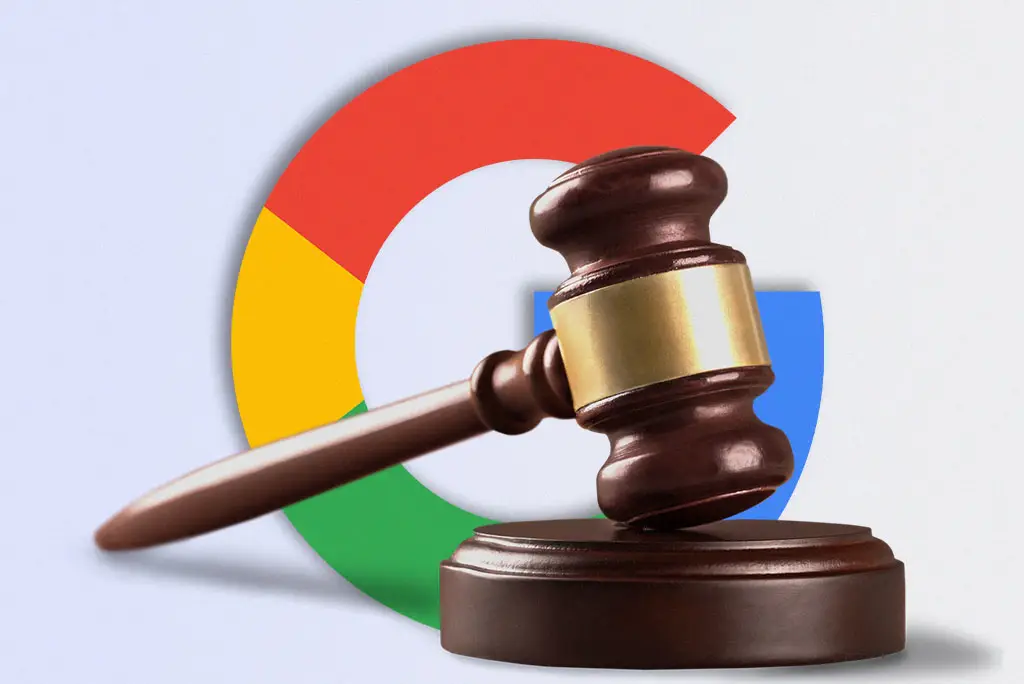Indian companies have asked a court to halt Google’s new in-app billing system while the nation’s antitrust agency looks into the US company’s apparent disregard for its rules. A group of startups made the request. This includes Paytm, BharatMatrimony, and ShareChat, who are expected to file grievances against the tech giant for allegedly violating the Competition Commission of India’s cease-and-desist order on Play Store policies.
In March, the Alliance of Digital India Foundation (ADIF), a digital industry association, submitted a confidential complaint to the antitrust regulator regarding Google’s new User Choice Billing system (UCB). The group has argued that the new policy changes, which include charging service fees on transactions processed by third-party payment processors, have detrimental consequences for users and app developers.
ADIF’s recent filing at the Delhi High Court has urged the court to suspend the implementation of Google’s User Choice Billing (UCB) system. This will be until the Competition Commission of India (CCI) hears the complaint. Google is set to implement its UCB system on April 26, coinciding with the revision of its Play Store policies. The revised policies of Google’s Play Store will allow app developers to provide users with multiple choices of billing systems. These billing options include those beyond the Google Play Billing System (GPBS).
However, Google will charge a service fee on transactions processed through these alternative billing systems. This is 4% less than the 15-30% fees on GPBS payments. The companies participating in this action contend that these fees are excessive. It renders any payment system other than GPBS unappealing from an economic standpoint.
Antitrust Ruling and Google’s response
According to the CCI’s directive in October 2020, Google had to pay a fine of $113 million. It also had to permit third-party billing and stop developers’ compulsion to use its in-app payment system, which levies a commission of 15%-30%. Google has challenged the antitrust ruling and denied any misconduct. The new service fee system, Google claims, is essential to support investments in the Google Play app store and the Android mobile operating system. Thus, ensuring they remain free of charge while also covering developer tools and analytic services.
Google’s Play Store is a platform that facilitates the sale of digital content and products within Android applications. App developers can use Google Play’s billing system to sell products or subscriptions on a one-time or recurring basis. According to Google, the company continuously collaborates with its developer community. Google provides this option to assist app developers in making necessary adjustments while keeping their apps on Play.
The majority of developers have already complied with this policy. Google granted a one-year grace period for those needing to implement app changes. Developers catering to users in India and South Korea can now integrate an alternative in-app billing system. This option will allow developers to offer users an option besides the traditional billing system of Google Play.
Startups’ concerns regarding the billing system
The startups are concerned that Google’s policy changes could lead to higher costs and reduced profitability. They argue that the new policy places an additional financial burden on small and medium-sized enterprises. The startups contend that the charges are exorbitant and make any alternative billing apart from GPBS economically unattractive. This could lead to a monopoly on app distribution in India.
Affected startups may seek intervention from Minister Rajeev Chandrasekhar regarding Google’s new User Choice Billing system. The Indian government has recently introduced new rules to regulate content on social media companies and streaming services. The startups’ move could be a part of a broader push toward regulating the digital economy in India. Hence ensuring that it operates fairly and transparently.
Indian startups’ move to challenge Google’s new in-app billing system highlights the ongoing tensions between tech giants and smaller players in the industry. Google has claimed that developing and maintaining its app store and operating system require a new fee system. However, smaller players argue that the fees put them at a disadvantage and are exorbitant. Other markets have experienced this conflict as well. Smaller players in these markets have challenged the market dominance of tech giants. They have also advocated for more competition and fairer policies.
This legal challenge will likely have far-reaching implications for the Indian tech industry. It may set a precedent for other markets as well. If the court favours the startups and suspends Google’s new fee system, it could encourage other smaller players to challenge the policies of tech giants. This could push for more competition and fairer practices. It could also push for more competition and fairer practices. On the other hand, if Google successfully defends its policies, it could reinforce the dominance of tech giants. Thus, this could make it harder for smaller players to compete in the market.
